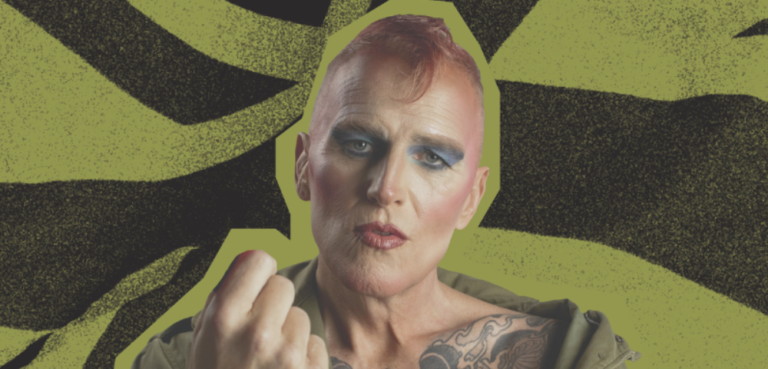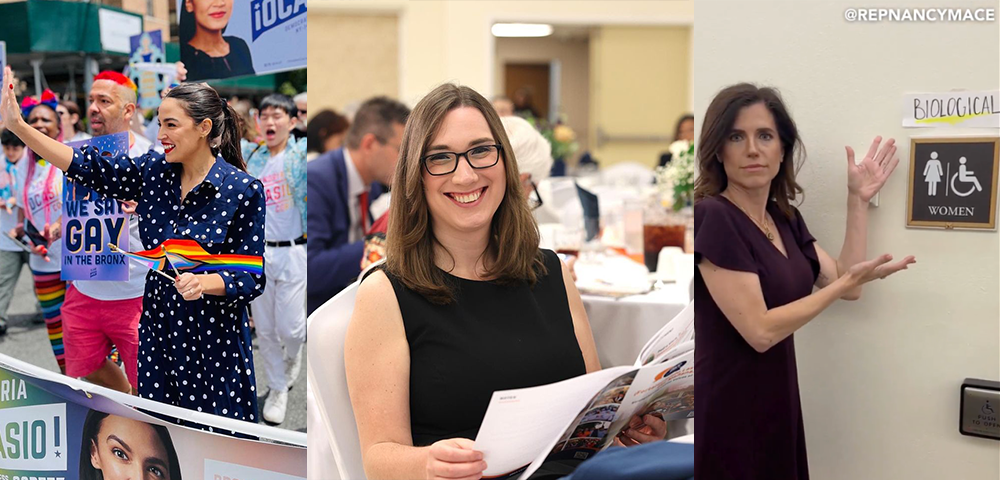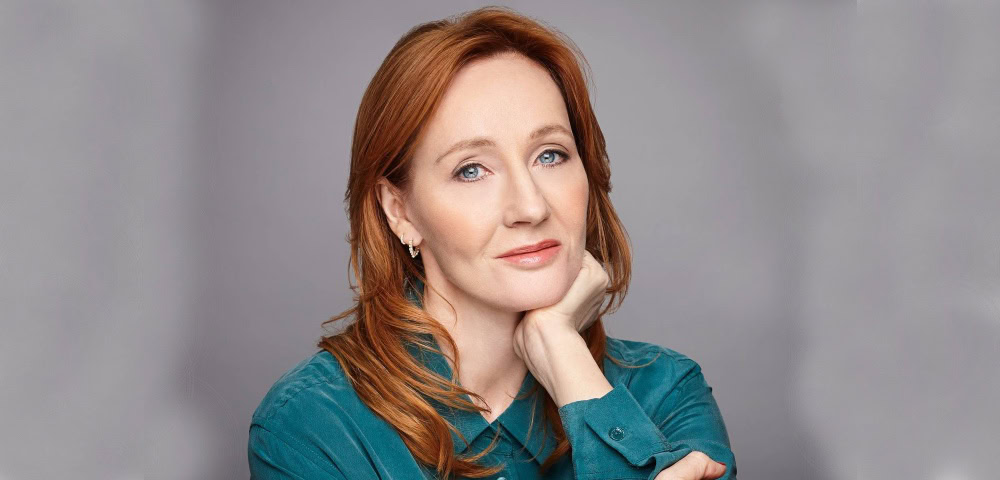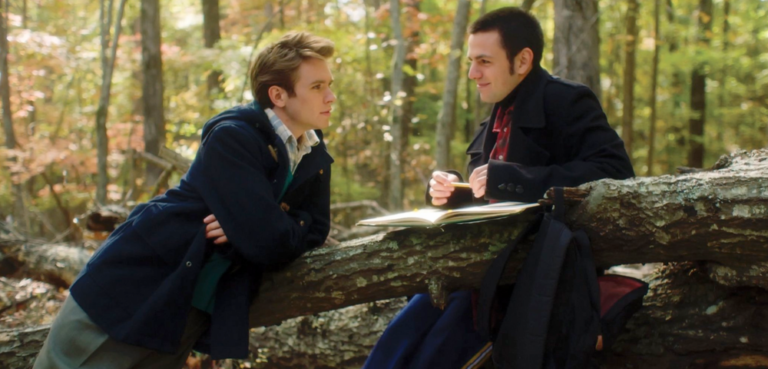
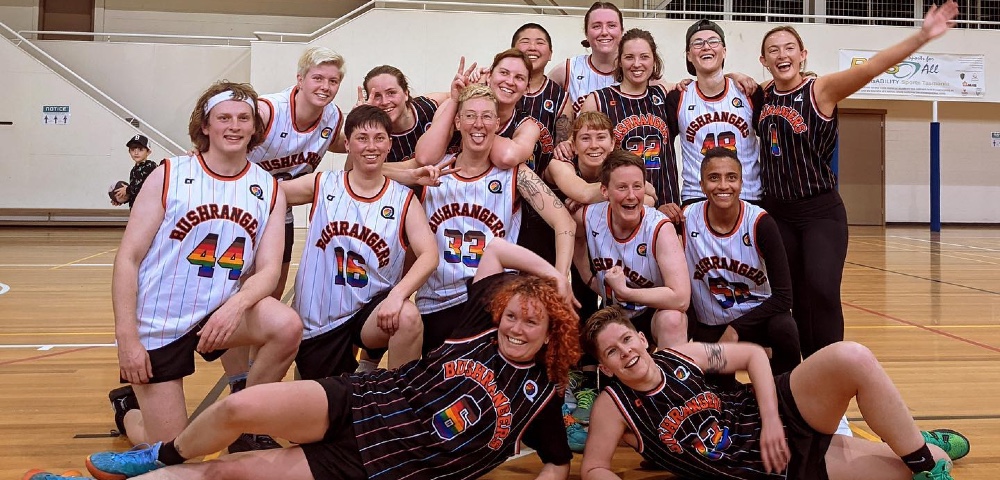
By Sarah van Ryn
Each year the State Government of Victoria and Vicsport honour the achievements of ‘home-grown sporting heroes and legends’, recognising and celebrating outstanding contributions to sport through the Victorian Sport Awards. This month I had the joy of chatting with one of these deadset legends – Queer Sporting Alliance’s (QSA) Stella Lesic.
Lesic and QSA were announced as the winner of the 2020 Peter Norman Inclusion Award on October 6. The Award recognises QSA’s ‘significant impact to promote inclusion and diversity’ in the Victorian sport, having ‘pushed boundaries to prove that real, genuine change can be made through sport’.
QSA is Australia and New Zealand’s largest LGBTQI sporting club, with non-gendered basketball teams playing weekly in Kaurna (Adelaide), Naarm (Melbourne), Mianjin (Brisbane), Gadigal (Sydney), Nipaluna (Hobart), Garramila (Darwin), and New Zealand, as well as weekly ‘Come Out and Roll’ sessions in Naarm and Nipaluna.
Lesic, who founded QSA (formerly Bushrangers Basketball) in 2015 with a group of friends, recalls “losing horrifically“ every single game of that first season: “We had such a good time!“
Creating A Model For Inclusion
Having grown up playing representative basketball, Lesic says QSA was initially “built out of all of the early experiences I had had in basketball and just doing the opposite.“
Removing the expectation for teams to win is a key component of the QSA culture, and has enabled “people who have not otherwise wanted to play sport, particularly trans and gender-diverse people and people that don’t feel physically able,“ to see new possibilities and communities for themselves in sport.
As official diversity partners of Transgender Australia and the WNBL’s Southside Flyers, advocacy is at the heart of everything that QSA do. As Lesic explains, “We started out with the express purpose of creating a model for inclusion not only for other LGBTQI sporting clubs but for everybody… When we looked around at other LGBTQI sporting clubs we saw that they were really well-intentioned, but when you got past the rainbow there wasn’t a lot of governance. There wasn’t any structure. … So we were really strong on that from the start. We said we’re going to have gender and sexuality inclusion guidelines, a strong code of conduct, and a strategy.“
In regards to the desire to be strong advocates, particularly for trans and gender-diverse access and inclusion in sport, the decision was made early. Lesic explains, “that the most positive work that we could do was to exist in spaces where we otherwise wouldn’t have been.“
As a result, QSA now have “five very queer basketball teams“ playing in Glenorchy, “an otherwise conservative town….And people that otherwise wouldn’t have had direct exposure to the LGBTQI community are playing week to week with people who are trans and taking steps to gender affirmation, and they are there to support them in that and to celebrate that with them. And they can see that the world continues to spin when you let people in.“
Vicsport Awards
Asked what the Vicsport Award means to QSA, Lesic laughed, admitting that “it feels a bit uncomfortable winning anything at QSA because our ethos is built around not prioritising winning. Winning is fun, and sure I felt great winning, but also I was kind of barracking for the Special Olympics.”
Lesic also acknowledges QSA’s flaws, stressing that: “We’re not perfect. We have made mistakes – major mistakes. In those moments we have really leaned into them and we are sorry for them.“ Those mistakes have sparked important conversations for the club, and have served to strengthen their desire “to be the gold standard of what it is to be a community sports organisation.”
Discomfort aside, Lesic acknowledges that awards are invaluable to QSA.
“When we win an award,“ Lesic explains, “it gives us reach to a huge bunch of people who otherwise wouldn’t know about us, and suddenly we have a person with a basketball in their hand, or roller skates, or a frisbee, which otherwise they wouldn’t do. So that’s one part. The other part is it puts us in front of people who have got access to facilities and funding to help people get a basketball in their hands or to put roller skates on. It’s great winning because it does good stuff for the community.“
Looking back over the journey to date, Lesic reflects, almost with disbelief, “We started off pretending like we were an NSO when really we were just a bunch of mates from Coburg, who’d had no experience in sports administration. And now here we are! We are the biggest LGBTQI community, multi-discipline, not-for-profit club in Australia and New Zealand. It’s just staggering. And we’re sponsored by Champion! I feel like I’m in an alternate reality, and it’s not real. But it’s real.“
QSA’s queer sporting utopia? They’re living it. And having athletics brand Champion come on as a national sponsor in June, Lesic says, has been instrumental in enabling QSA to continue living their mission to ensure LGBTQI folk can access and participate in community sport.“
In case you needed further proof that QSA is “so hot right now,” they have just been announced as finalists in the Melbourne Awards to be announced later this month.
Find out more about how QSA is contributing to positive social change in a community near you on their website: www.queersportingalliance.com
